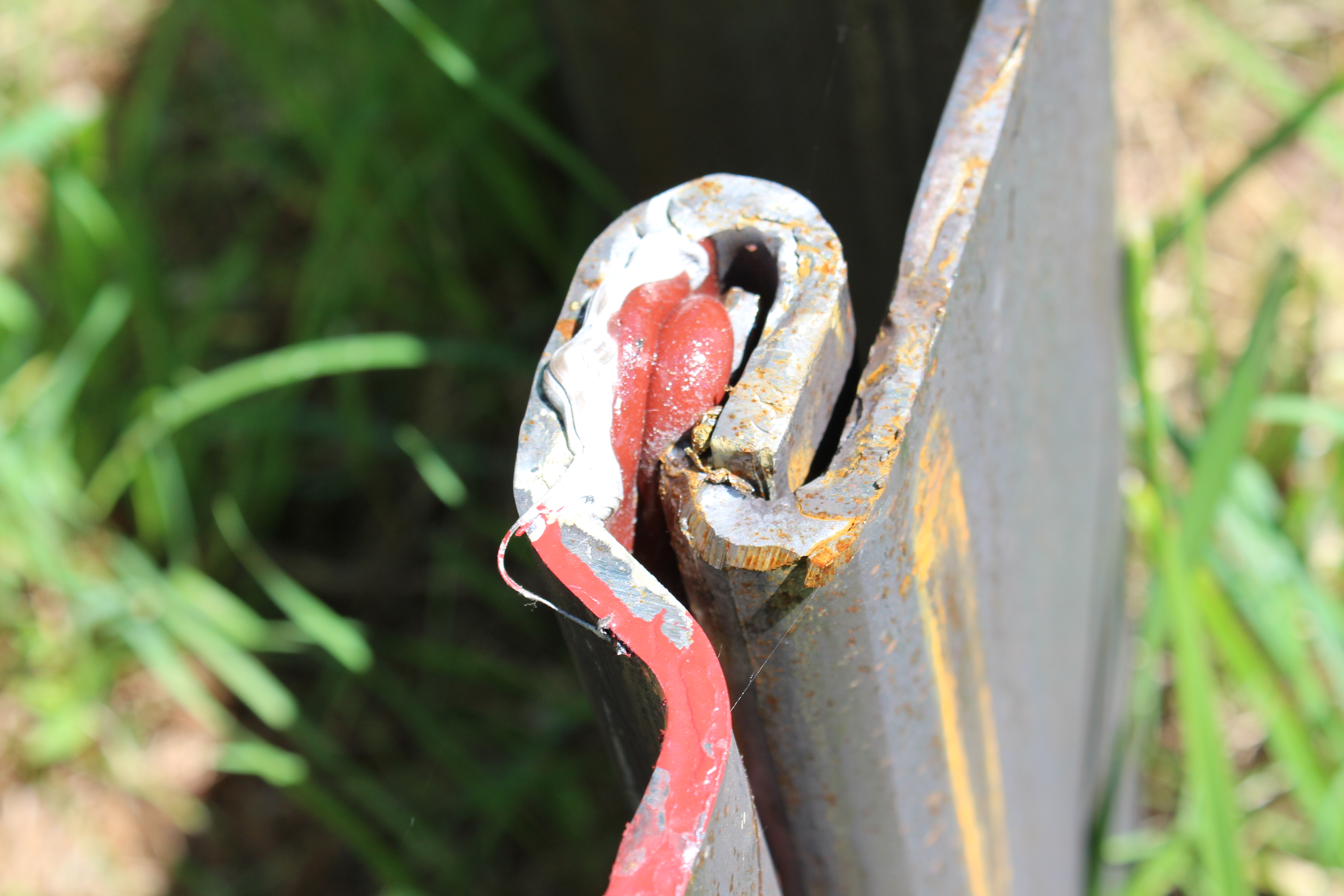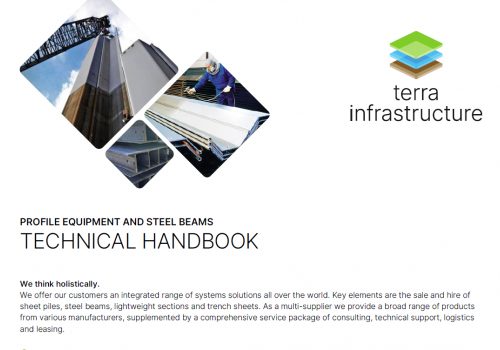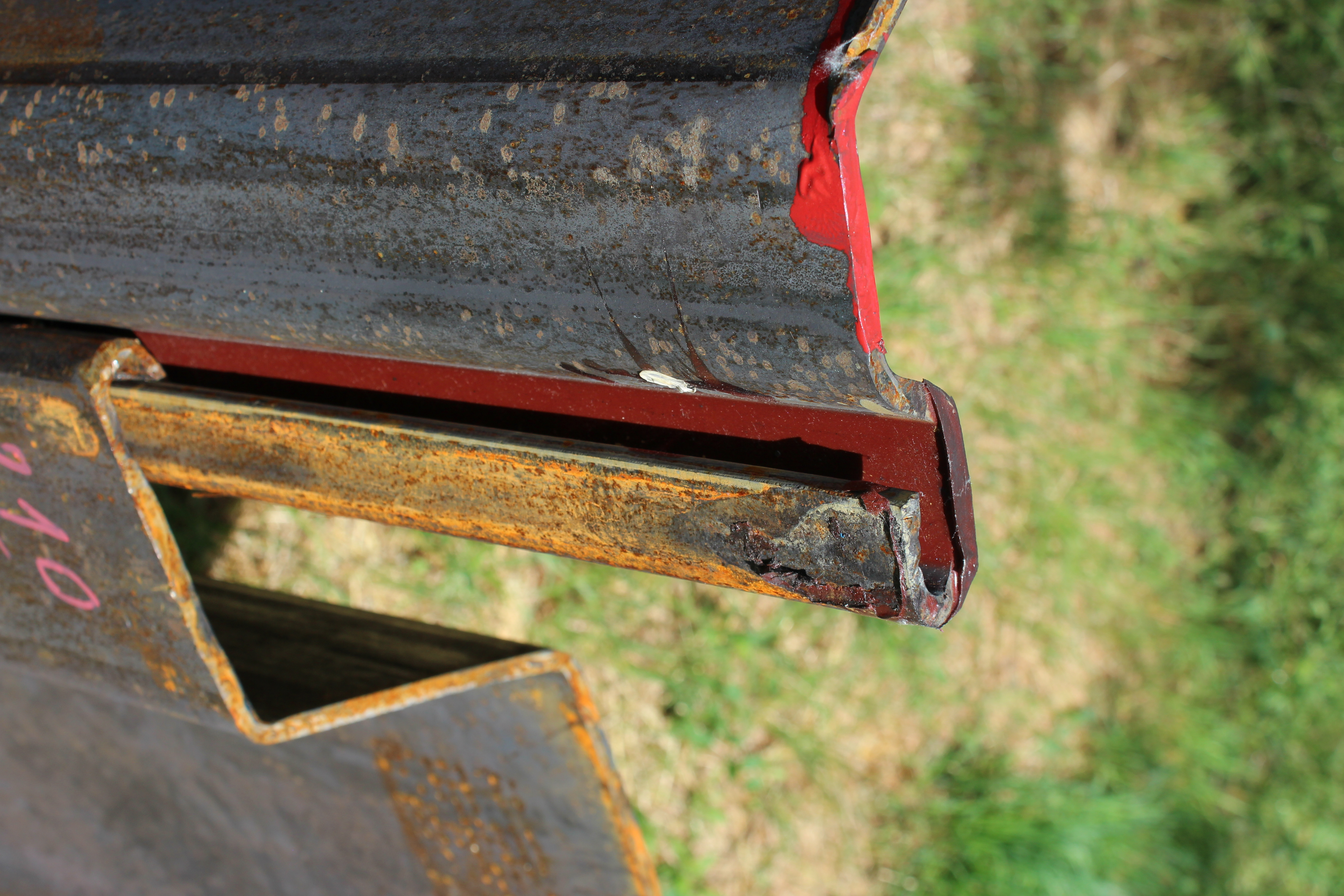
INTERLOCK SEALING SYSTEM.
Our terra lock seal is resistant to the typical substances and liquids found in landfills and contaminated sites. It consists of two sealing lips - making it doubly secure. The interlock seal is already inserted into the sheet pile interlocks at the factory.It consists of a machine-profiled seal in the threaded interlock and, in the case of double piles, additionally of an injected seal in the middle interlock, which optimally adapts to the interlock gap. A primer ensures reliable adhesion.The seal in the threading lock is designed as a compression seal.Thus, when the profile is rammed into place, restoring forces are activated in the sealing material, which seal the lock gap in the desired area. The arrangement of the two sealing lips in the lock ensures double security of the sealing system. To facilitate threading, the pile-driving lock into which the next profile provided with a profiled seal is threaded is preformed in a wedge shape. Prior to construction, the pile driving direction must be determined and adhered to.
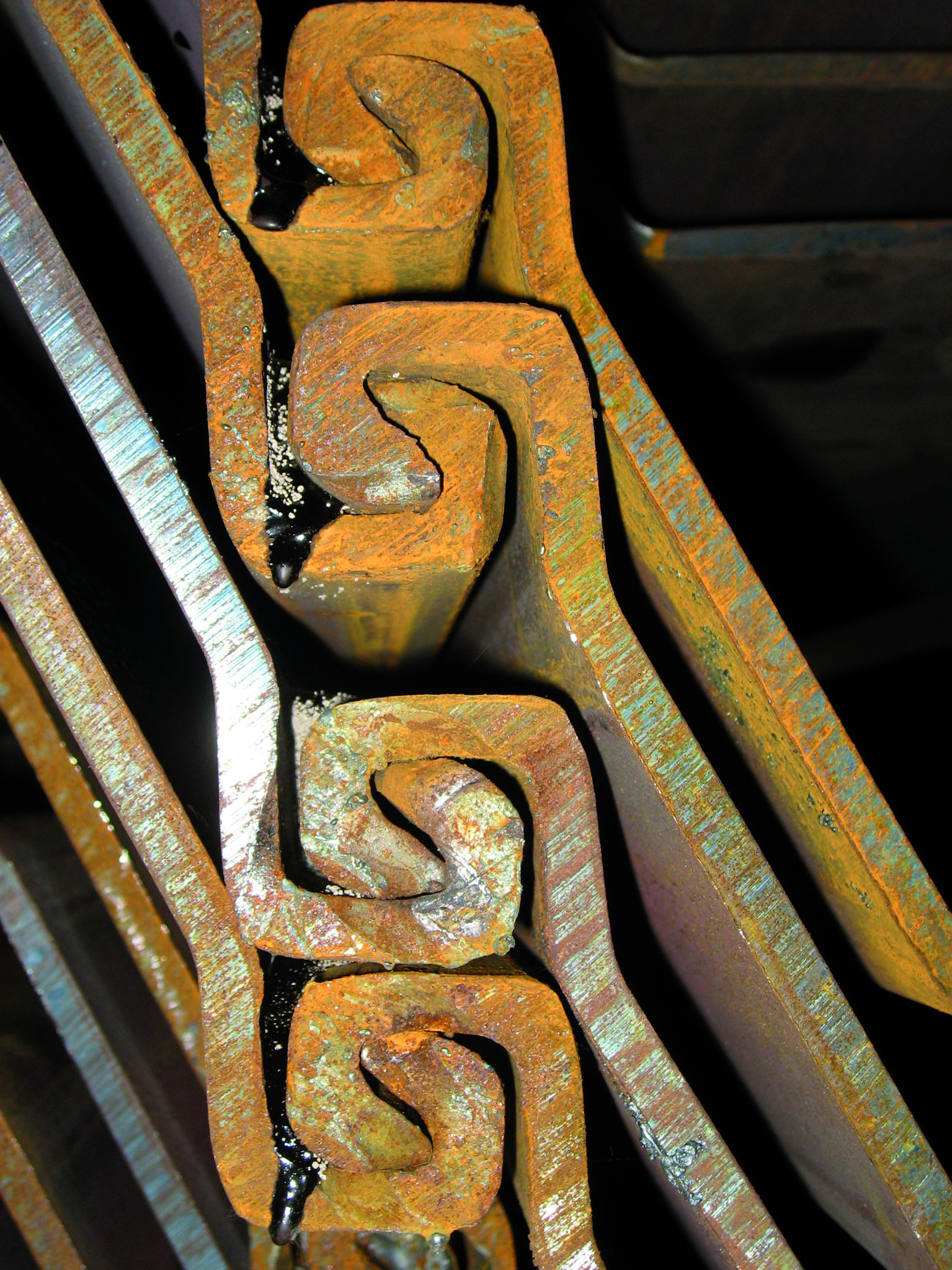
BITUMEN-BASED INTERLOCK FILLERS.
The water permeability of locks can be significantly reduced by using the SIRO 88 bituminous material system. It can be used both in the factory and on site.
For vibratory pile driving, the bituminous hot grouting has proven to be very effective. When manufactured in the factory, the system consists of a paste-like interlock filling in the pile-driving interlock and grouting in the factory-grouted center interlock. Since the material has good adhesion to the steel surface, no pretreatment of the locks with primers is required. Test certificates on the environmental compatibility of the lock fillings are available.
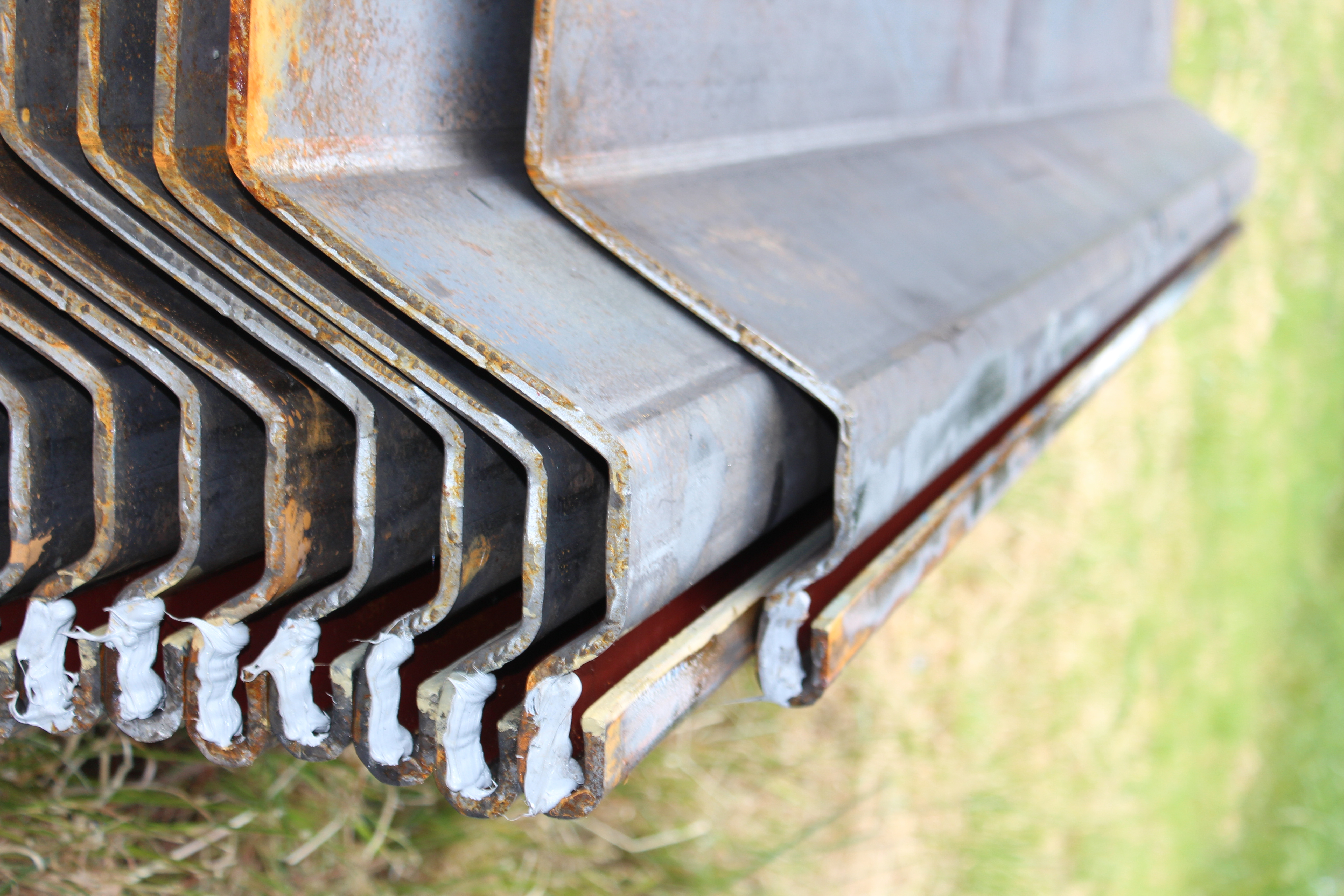
OTHER SEALING METHODS.
For interlock joints that need to be sealed after sheet pile installation, the following other sealing methods are available:
If the water tightness requirements are less stringent, the interlock joints can be subsequently sealed, for example, with wooden wedges (swelling effect), rubber or plastic cords.
If complete watertightness is required, only welding of the interlock joints is an option. As a rule, this only applies to the threaded locks, as the factory-tightened locks can already be welded before installation. Important here: Welding of the joint is only possible if the joints are dry and appropriately cleaned. The sealing seams must be arranged on the side to which the base of the later structure is connected. Water-bearing joints can be covered, for example, with a flat or sectional steel which is welded to the sheet pile wall with two fillet welds.
